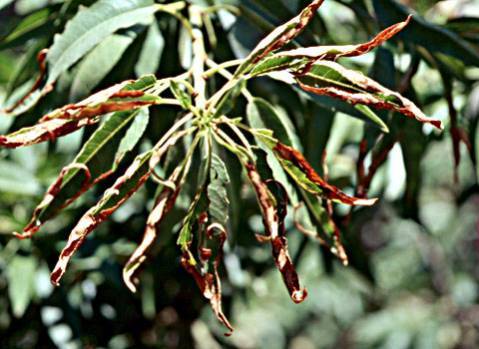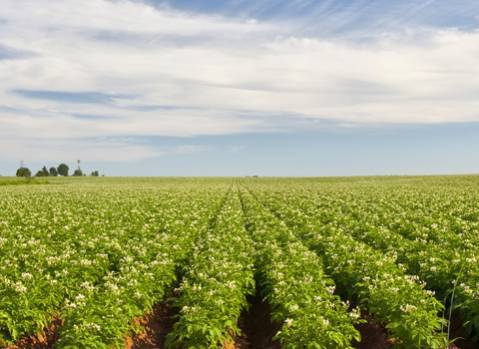VITAL TO REPLENISH
The Elevated Need for Potassium in Plants
Some plants take up potassium more than any other nutrient. For that reason, effective fertility programs need to consider K replenishment rates that are at least adequate to replace the amounts of potassium removed by the crop. Otherwise you risk longer-term soil depletion which can impact later yields.
A reduction in potassium application for cost concerns may appear attractive in the short term, but the long-term effect may end up costing you much more.
On the other hand, correcting a potassium soil deficiency can quickly add up to more than what you saved by skipping an application, when you factor in the yield advantage of effective fertilization.





